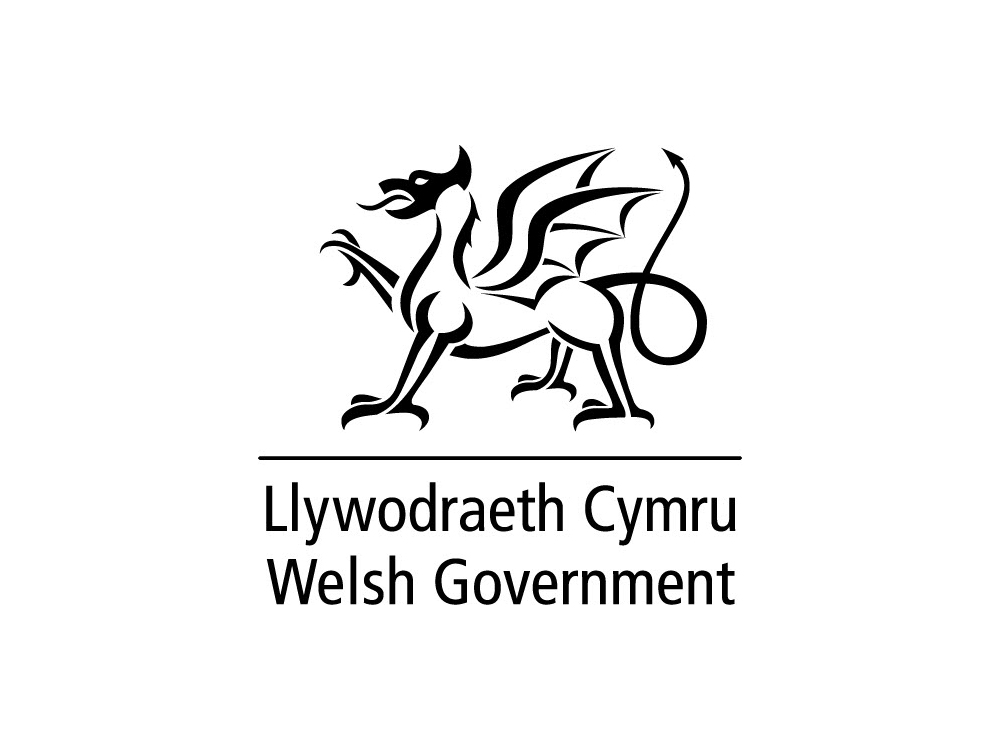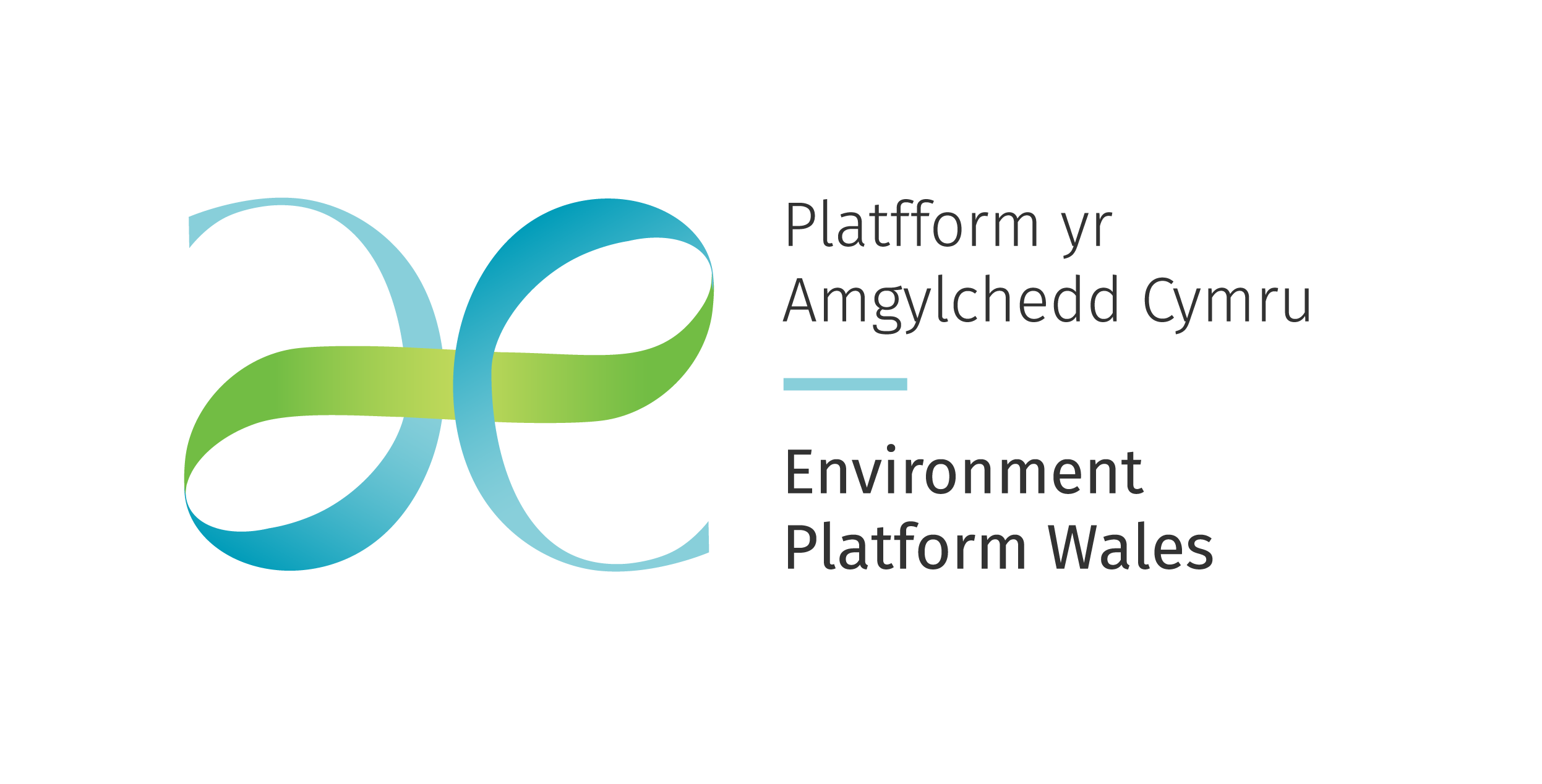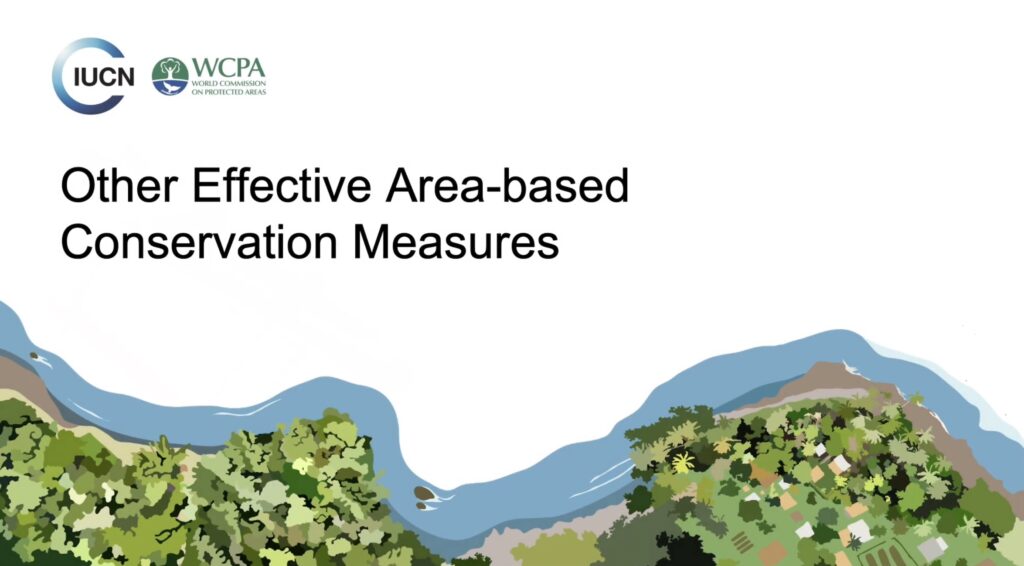Placement Start Date: September 2025 onwards (flexible)
Application criteria: All applicants must be registered PhD students and need approval from their academic supervisor before applying.
Apply by: 19/09/2025. Please submit a CV and covering letter to Donna Thomas (Academic Placements Administrator) via researchplacements@gov.wales

The Marine and Biodiversity Division of the Welsh Government is offering a PhD placement opportunity within its International Biodiversity Policy Team. This team leads on the development of Welsh Government policy relating to international biodiversity commitments, with a particular focus on the Convention on Biological Diversity (CBD) and the Kunming-Montreal Global Biodiversity Framework (GBF).
The team sits within the Biodiversity Programmes Branch, which oversees terrestrial biodiversity policy and delivers key workstreams including the Nature Networks Programme, implementation of the Section 6 Duty under the Environment (Wales) Act 2016, Wales’s 30×30 commitment, nature finance initiatives, and contributions to biodiversity policy within the Sustainable Farming Scheme.
Purpose of the Post
The overarching purpose of this placement is to support the development and testing of a Wales-specific toolkit for identifying and recognising OECMs. This work contributes directly to Wales’s delivery of Target 3 of the GBF agreed at COP15 in 2022.
The postholder will assist in refining assessment criteria, supporting pilot site evaluations, and contributing to the development of guidance and data tools to enable consistent, evidence-based reporting. They will also conduct desk-based research into how other countries have approached the identification and recognition of OECMs, helping to inform and strengthen Wales’s methodology. The placement will contribute directly to Wales’ input into the UK’s 7th National Report to the CBD, ensuring that OECMs are appropriately recognised, monitored, and reported.
This placement offers firsthand experience of applying international biodiversity policy in a national context, and insight into the development of tools and processes that support strategic conservation planning and reporting.
Key Tasks
Toolkit Development and Testing
• Support the refinement of the draft OECM identification toolkit.
• Assist in developing user-friendly guidance, templates, and interactive features for site-level assessments.
• Contribute to the design of quick-start tools and decision-support materials to aid implementation.
• Conduct desk-based research into international approaches to OECM identification and recognition, drawing lessons from other countries to inform toolkit development
Pilot Site Engagement
• Help coordinate and document pilot testing of the toolkit at selected sites.
• Gather and analyse feedback from site managers and stakeholders to inform toolkit improvements.
• Support the evaluation of pilot sites against draft OECM criteria.
Data Management and Reporting
• Assist in collecting and analysing data from pilot assessments.
• Support the standardisation and collation of site-level data for reporting purposes.
• Contribute to the integration of OECM data into spatial platforms such as DataMap Wales.
• Help prepare internal reports tracking progress toward 30by30 and the Global Biodiversity Framework Headline Indicator 3.1.
Stakeholder Collaboration
• Liaise with Natural Resources Wales, eNGOs, and other partners involved in OECM development.
• Participate in workshops, meetings, and advisory groups as appropriate.
• Help ensure the toolkit is practical, inclusive, and aligned with policy and reporting needs.
The specific tasks undertaken by the student will depend on the team’s priorities at the time of the placement. There will also be opportunities to contribute to other work areas aligned with the student’s interests and expertise.
Details
Skills required: Key Skills
• Strong Research and Analytical Skills: Ability to interpret policy, ecological, and spatial data.
• Excellent Communication: Clear writing and confident engagement with diverse stakeholders.
• Attention to Detail: Precision in data handling and documentation.
• Project Support Experience: Ability to manage tasks and meet deadlines independently.
• Interest in Biodiversity Policy and Conservation: Understanding of protected areas, OECMs, or environmental governance is a plus.
• GIS and Spatial Data Familiarity: Experience with mapping tools (e.g. QGIS, ArcGIS, Survey123, Kobotoolbox) is desirable.
Outputs: As agreed with line manager and in relation to the above priorities
At the conclusion of the placement, the student will be required to deliver an informal presentation of approximately 20 minutes, either to the relevant policy team or the Strategic Evidence unit. The purpose of this presentation is to provide an overview of the work undertaken during the placement, highlighting key achievements, contributions, and outcomes aligned with the placement objectives.
Development Opportunities: The placement provides an opportunity to gain insight into the functioning of Welsh Government and evidence-based policy development at the highest level. The post-holder will work in an interesting and diverse team, contributing to the shaping of a future policy direction. The post-holder will be expected to work independently within parameters and guidelines provided by the Welsh Government. Working closely with a wide range of colleagues the successful candidate will build valuable working relationships, broaden their knowledge of public policy-making, and enhance their existing transferable skills.
The student will join a policy-focused team working at the interface of evidence, strategy, and international biodiversity commitments. The role involves managing a diverse evidence base and contributing technical and advisory support to the wider biodiversity programme. This is a varied and engaging placement, offering exposure to a high-profile workstream that spans multiple Welsh Government portfolios. With support from their Welsh Government supervisor, the student will be expected to take responsibility for managing and delivery of work commitments during the placement period.
Duration, location, working arrangements and environment: The role will be full-time and is typically based with the policy team in one of the Welsh Government’s regional offices. In line with the Welsh Government’s flexible working policy, the postholder will have the option to work from home, with office-based working also available. A laptop will be provided to facilitate regular contact with team members, line management, other policy teams, and external partners. Given the potential for remote working, the policy team will ensure the postholder is fully supported throughout the placement and will make every effort to replicate the collaborative, in-office experience as closely as possible.
The placement will run for an initial period of three months, focused on delivering the objectives outlined in the job specification. There may be an option to extend the placement for a further three months, subject to project needs and compatibility with the student’s university research schedule and DTP/CDT arrangements.
The Welsh Government is a bilingual organisation, and Welsh language skills are considered an asset. We actively encourage and support staff to use their Welsh language skills during placements.
The start date will be agreed following successful Welsh Government security clearance.
Application criteria: Welsh Government can only accept applications to the PhD student placement programme from registered students.
All applicants must seek approval from their academic supervisor before applying.
Funding
The placement will be funded by the Welsh Government and will match the current UKRI PhD stipend rate, payable in one sum at the beginning of the placement (to minimise financial administration). The payment process aims to compliment PhD student university stipend payment structures, i.e. the Welsh Government pay the university, and the funds are passed on to the student’s account. To avoid delays to students receiving payments, it is preferable that the student’s PhD stipend is not paused during the placement and that, instead, it continues and that WG reimburse the university for the time the student is not undertaking research.
Please note: We do not pay students directly.
The Welsh Government takes the protection of your data seriously. If you contact the Welsh Government, then our Privacy Notice explains how we use your information and the ways in which we protect your privacy.
Application process
Please submit a CV and covering letter to Donna Thomas. NOTE: All applicants must confirm that they have received authorisation to undertake a placement from their academic supervisor.
We welcome receiving correspondence in Welsh. Any correspondence received in Welsh will be answered in Welsh and corresponding in Welsh will not lead to a delay in responding.
If you have an impairment or health condition, or use British Sign Language and need to discuss reasonable adjustments for any part of the placement programme, or wish to discuss how we will support you if you are to be successful, please contact Donna Thomas as soon as possible to discuss your requirements and any questions you may have.




